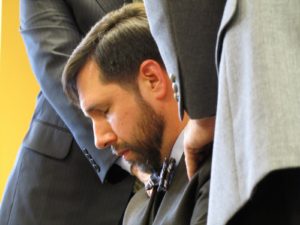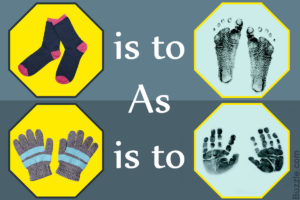Kimnach writes,
“Edwards’ matured vision of the ideal preacher is most completely delineated in his ordination sermon on John 5:35, entitled The True Excellency of a Minister of the Gospel (1744)” (p. 25).
I am always looking for ways to guide my ongoing pastoral/preaching ministry and find Edwards’ approach very helpful. He identifies two necessary skills, heat and light; one is spiritual and the other mechanical.
The spiritual skill: “[the preacher’s] heart [must] burn with love to Christ, and fervent desires of the advancement of his kingdom and glory” (p. 25).
What I refer to as the mechanical skill: “his instructions [be] clear and plain, accommodating to the capacity of his hearers, and tending to convey light to their understandings” (p. 25).
If Edwards preached my ordination sermon I would come away with a burning desire for God. And that desire for God would be the foundation for my sermon development.
And what was clear about Edwards’ thoughts on clarity was that he was clear about the need for moving the affections of his listeners with his clarity. All his arguments and reasoning was designed to “move the affections” (Kimnach, p. 26 citing, Thoughts on the Revival of Religion in New England).
I would summarize the two aspects as passion for God and for His people. It means cultivating my love relationship with God. It means cultivating my understanding that His people’s lives are on the line each Sunday. I want to be used by God’s Spirit to move their affections so they love God supremely in the way Sunday’s Scripture presents Him and them.
Before Sunday, as you prepare for the first sermon in 2019, bring the heat and light so God receives glory in the church and in Christ Jesus (Ephesians 3:21).
Randal










